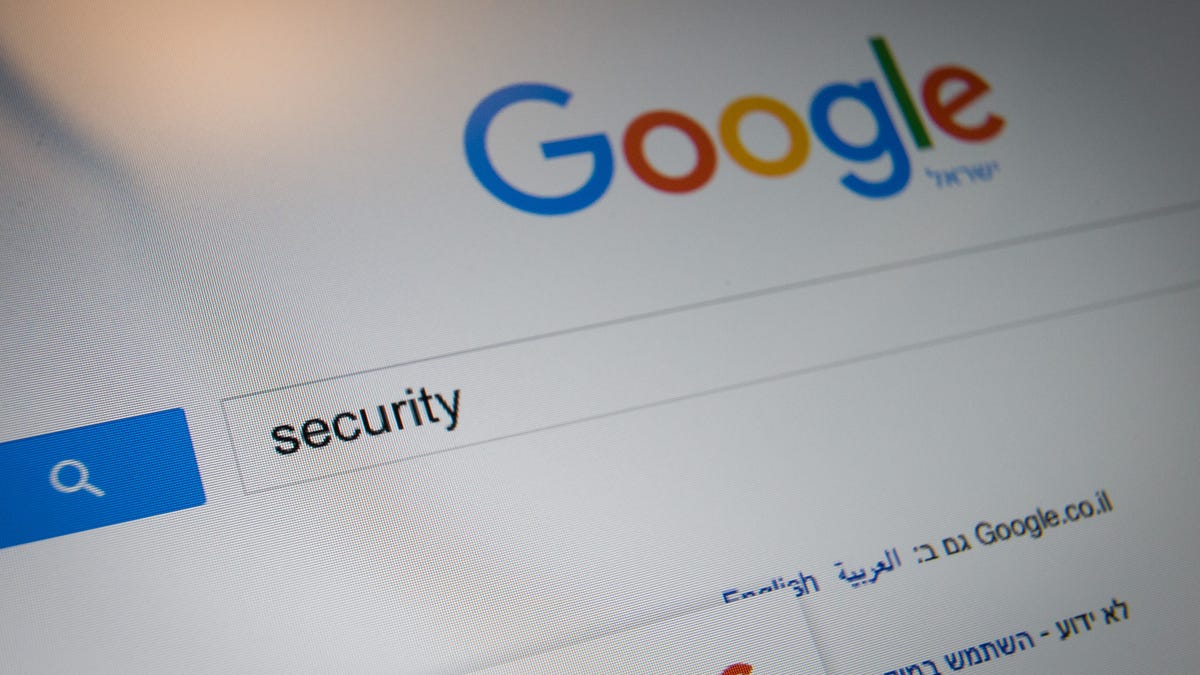Google shields security reporter targeted by massive cyberattack
Brian Krebs' website had been largely unreachable for the past week, the victim of a "record" flood of fake requests for traffic.

Google is offering cyber-protection to a security journalist knocked offline by a massive attack.
Google is putting its considerable internet might behind protecting the reporting of Brian Krebs, a respected security journalist who's website has been largely inaccessible for the past week due to a massive cyberattack.
Krebs' site -- Krebs on Security -- came under attack after he reported he had tracked down the alleged operators of vDOS, a service that helped coordinate more than 150,000 DDoS attacks in the last two years. Krebs described the cyber-offensive as a "record" distributed-denial-of-service (DDoS) attack, flooding servers with 620 gigabits per second of traffic, nearly twice the number of phony traffic requests than the previously largest attack Akamai had ever seen.
Under the burden of such a large attack, Akamai, which had been hosting Krebs' content for free, decided to kick him off the service. Krebs held no ill feelings for the company, even noting that Akamai executives had said the attack could cost the company millions of dollars. However, Krebs said Sunday that his site was returning under the umbrella of Jigsaw's Project Shield, a free program that helps small websites ward off DDoS attacks by routing content through Google's infrastructure, without having to change hosts.
Krebs lauded Google's program as a defender of free speech in the fight against internet censorship.
"Why do I speak of DDoS attacks as a form of censorship?" Krebs wrote in a post on Sunday. "Quite simply because the economics of mitigating large-scale DDoS attacks do not bode well for protecting the individual user, to say nothing of independent journalists."
To help other journalists who come under similar attacks, Krebs said Sunday that he was considering helping to create a nonprofit organization that would provide the kind of protection he was receiving. He suggested a Kickstarter, along with donations from charitable organizations would be a good way to start.
"The sad truth these days is that it's a lot easier to censor the digital media on the Internet than it is to censor printed books and newspapers in the physical world," he wrote. "On the Internet, anyone with an axe to grind and the willingness to learn a bit about the technology can become an instant, self-appointed global censor."
Google declined to comment.

